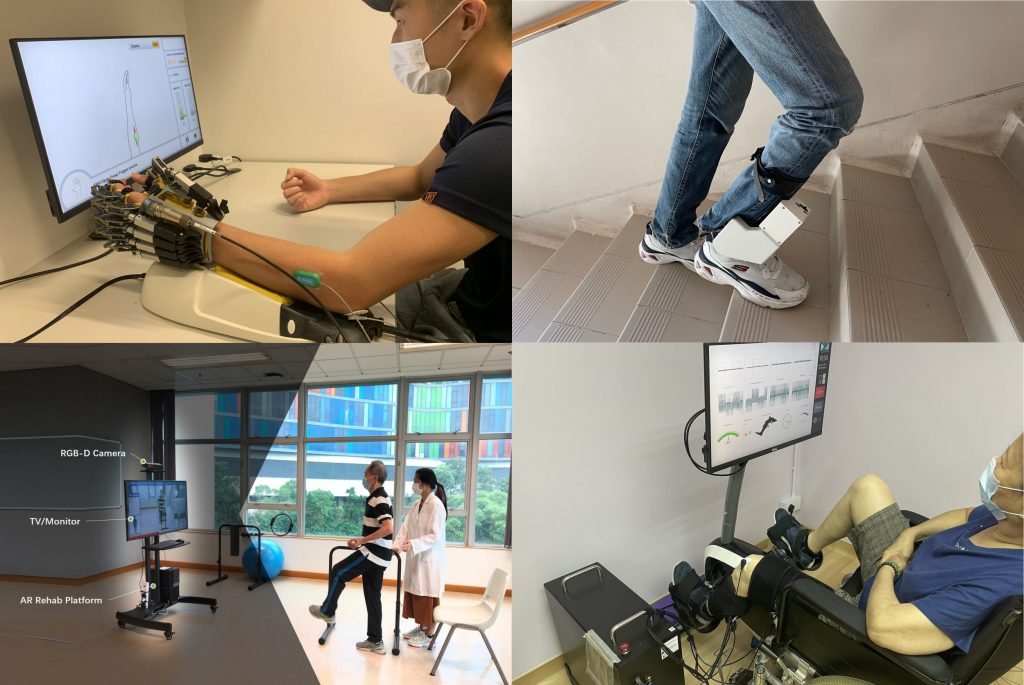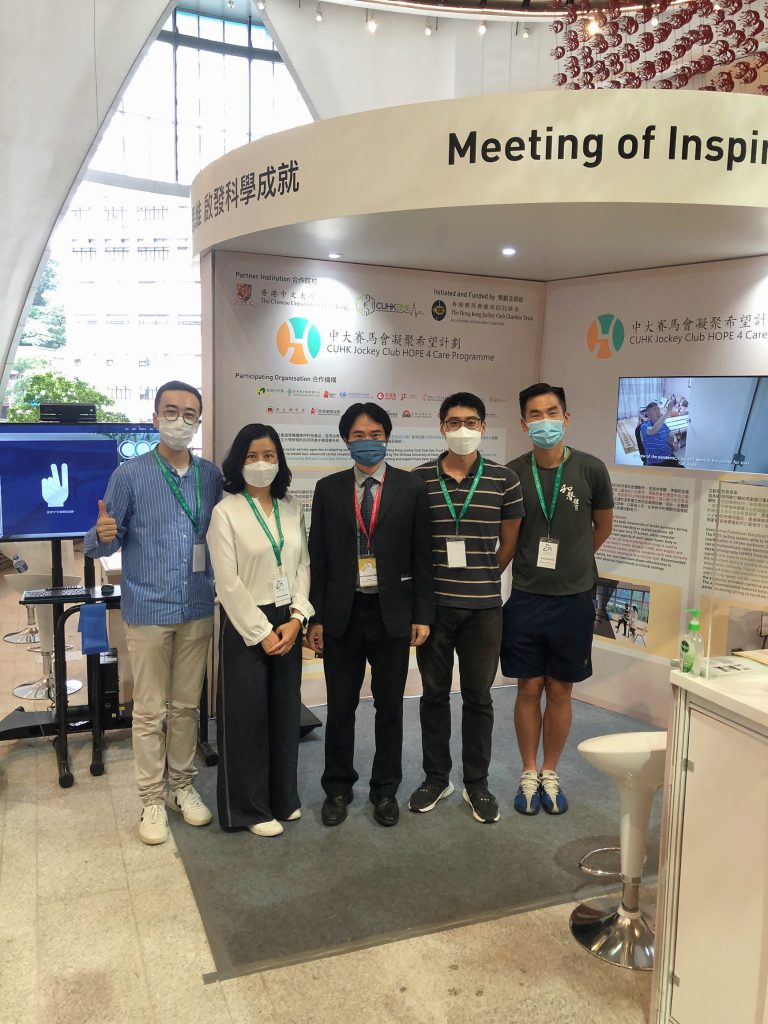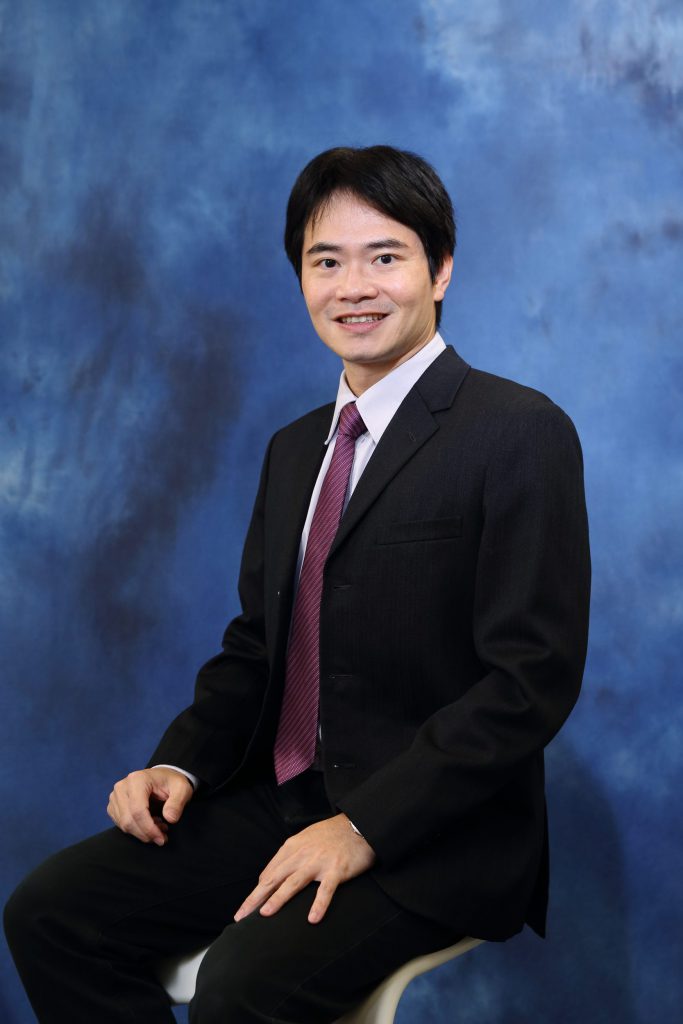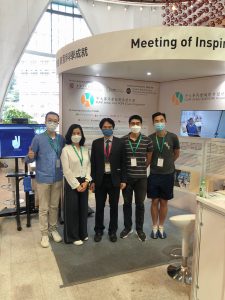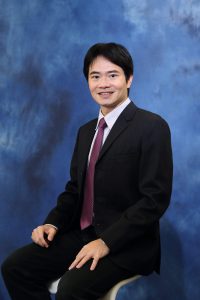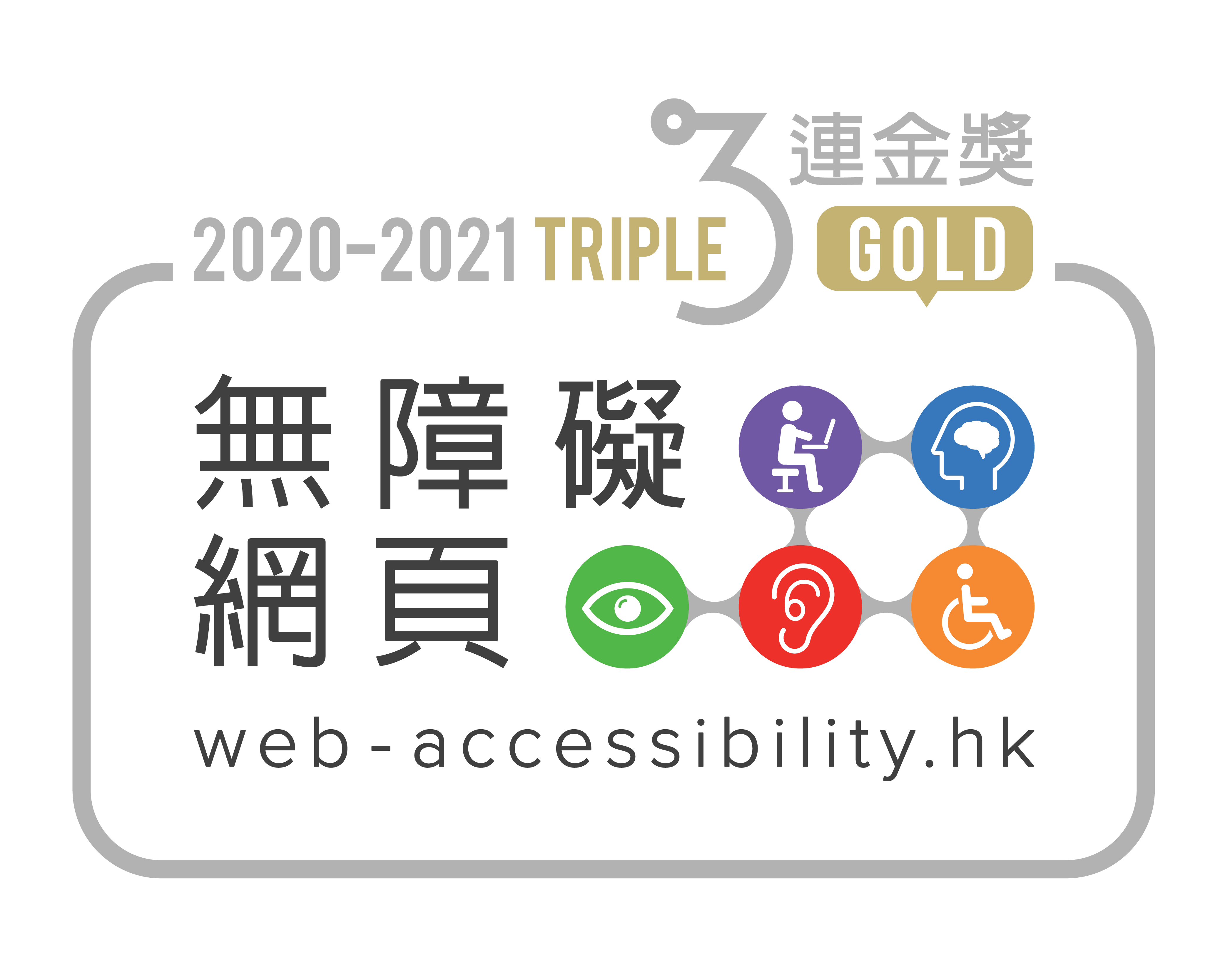CUHK
News Centre
Professor Raymond Tong scoops two awards at “the Oscars” of Asia Pacific’s eldercare industry
Professor Raymond Tong, Chairman of the Department of Biomedical Engineering at The Chinese University of Hong Kong (CUHK) and inventor of the exoskeleton robotic hand for stroke rehabilitation “Hand of Hope”, has been honoured with the “Global Ageing Influencers 2021” award at the 9th Asia Pacific Eldercare Innovation Awards Ceremony held by the Ageing Asia in Singapore, in recognition of his outstanding achievements in rehabilitation innovations, programmes and services that advance the standard of living for older adults on a global scale.
Professor Tong is the only winner of the “Global Ageing Influencers 2021” from Hong Kong. The other 9 awardees are from Singapore, Australia, the United Kingdom, New Zealand, Thailand, Indonesia and mainland China. On the same occasion, the “HOPE 4 Care” programme led by Professor Tong’s biomedical engineering research team and the Faculty of Medicine, CUHK, took home the “Best Rehabilitation Programme” award.
“I am most thankful and humbled to be recognised as one of the ‘Global Ageing Influencers 2021’ with some of the world’s most prominent professionals and scholars in the field of ageing,’ said Professor Tong. “Talented minds and the innovative solutions that emerged from interdisciplinary and cross-boundary collaborations are required to tackle the global challenge of ageing population. Through ‘HOPE 4 Care’, which runs on a partnership between CUHK research teams and dozens of community centres in Hong Kong, we demonstrated how novel rehabilitation equipment and technology can be beneficial in supporting and accelerating the recovery of stroke patients. This programme is particularly impactful amid the global pandemic since patients can receive guided training at home. The effort by each of my team members and partnering organisations has affected the life of many patients in the best possible way and I sincerely appreciate their work.”.
The “Hand of Hope” mechanical robotic hand rehabilitation system, developed in 2012, can detect and amplify signals that the brain is sending to patients’ hand muscles and pass the information to the robotic hand. This enables patients to learn again the correct way of using the brain to control their hand functions. The “Hand of Hope” was the first Hong Kong-based innovation to receive the Grand Prix Award at the International Exhibition of Inventions of Geneva. Making use of the latest 3D silicone printing technology, a new version of the soft robotic hand was later developed, providing stroke patients with a tailor-made, less bulky but comfortable and affordable device for the rehabilitation process.
The “Hand of Hope” forms part of CUHK’s “Hope 4 Care” programme, which is a joint initiative from the Department of Biomedical Engineering and the CUHK Faculty of Medicine focused on combining software and robotic technologies with clinical expertise to enhance rehabilitation outcomes for stroke patients. The programme is generously funded with support from The Hong Kong Jockey Club.
About the Asia Pacific Eldercare Innovation Awards
Launched in 2013, the Asia Pacific Eldercare Innovation Awards, the first of its kind in the Asia Pacific, was created by Ageing Asia to provide an annual recognition to individuals and organisations in Asia Pacific regions that demonstrate eldercare innovation to change the way seniors age. Previous awardees of the “Global Ageing Influencers” include Dr LAM Ching-choi, non-official member of the Executive Council of the Government of the Hong Kong Special Administrative Region and Chairman of the Elderly Commission, Hong Kong.
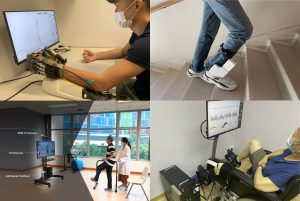
The “HOPE 4 Care” programme delivers four innovations invented by Professor Tong’s team for stroke rehabilitation: the “Hand of Hope” (upper left), the exoskeleton ankle robot (upper right), the interactive functional electrical stimulation cycling system (lower right) , and the AR Rehab Training System (lower left).
The AR Rehab Training System for stroke rehabilitation utilises state-of-the-art augmented reality and depth sensors for 3D body tracking, with customised software specially designed for a virtual interactive rehabilitation environment. Therapists can design, through the system, training plans for individuals and monitor their body movements to provide real-time posture guidance. Professor Tong’s team created an “AR home” version with the support of the Innovation and Technology Commission, allowing patients to have guided training at home during the pandemic.
